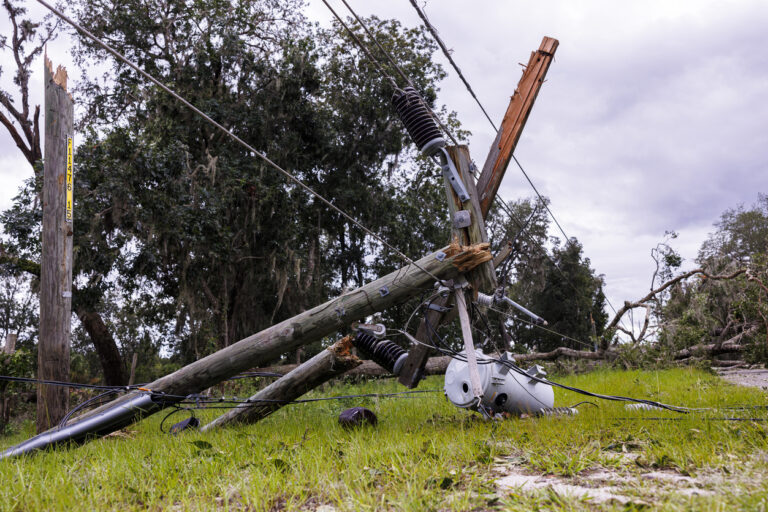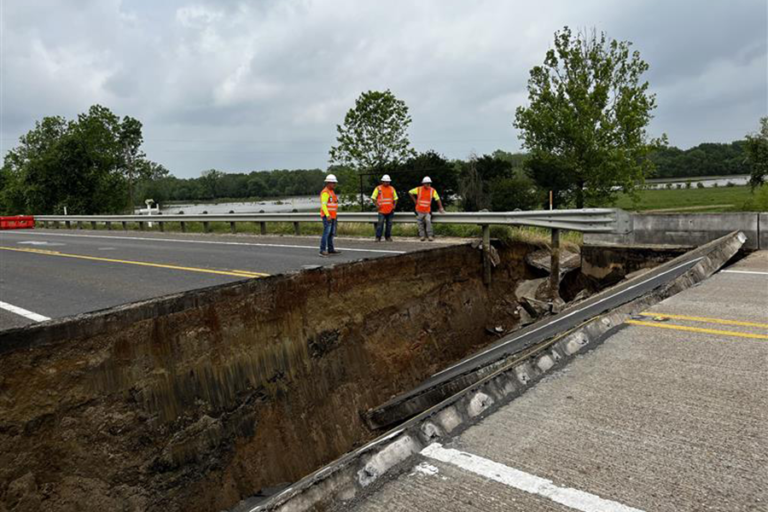
The American Petroleum Institute (API) and the National Ocean Industries Association (NOIA) recently released a new analysis outlining the potential economic consequences of delaying the Department of the Interior’s (DOI) 5-year program for leasing in the Gulf of Mexico. The next 5-year offshore leasing program must be in place by July 1, 2022, but is well behind schedule, and no offshore lease sales can be held unless DOI implements a new program. The report, which was prepared by Energy and Industrial Advisory Partners (EIAP), warns how a delay in the program could jeopardize American energy security and cost thousands of U.S. jobs and billions in government revenue.
“Now more than ever, U.S. oil and natural gas development are critical for the nation’s long-term energy security and our national security, and offshore production plays a key role,” API Senior Vice President of Policy, Economics and Regulatory Affairs Frank Macchiarola said. “Policymakers should be doing everything they can to encourage the development of our nation’s vast energy resources and acting on the 5-year program is a commonsense step the administration could take right now to support global energy security now and in the future.”
“At a time of geopolitical uncertainty and rapidly rising energy prices, Gulf of Mexico oil and gas production is more important than ever,” NOIA President Erik Milito said. “Promoting opportunities for increased U.S. oil and gas production will help fortify our national security, alleviate inflationary energy prices, reduce our dependence on foreign sources of energy, and secure our energy from highly-regulated and lower emissions production sources here at home. The longer we go without being able to explore and develop new leases offshore, the longer we weaken a key, proven national strategic energy asset in the U.S. Gulf of Mexico.”
“Offshore energy is the primary economic generator for the Lafourche Parish community, supporting not just jobs, but also substantially funding the government services provided by the Parish, like after school programs, economic development assistance, public works, and emergency preparedness. Offshore activity serves as an economic base for our levee and water districts as well. In our daily lives, where we live, work, raise families, go to school, recreate – offshore energy production is vital to all of it, and that is the case in any community across the country that supports energy activity,” Greater Lafourche Port Commission Executive Director Chett Chiasson said.
“Danos has supported the energy industry in South Louisiana for over 75 years where we employ nearly 2,500 people. Ending or reducing lease sales in the Gulf of Mexico will increase carbon emissions, send jobs overseas, increase the cost of energy for Americans, and take away the largest source of funding to restore and protect our Louisiana coast,” Danos Owner and CEO Paul Danos said.
Since 1980, DOI has been required to prepare a 5-year offshore leasing program to best meet national energy needs for the 5-year period, including a schedule of oil and gas lease sales and details on the size, timing, and location of proposed leasing activity. Despite their legal obligation to maintain an offshore leasing program, DOI is well-behind schedule in this multi-year regulatory process and has yet to initiate the third comment period required for completion.
A lapse in a 5-Year Program could jeopardize American energy security, cost thousands of jobs, and billions in lost state and local revenues.
- With a 5-year offshore leasing program, the Gulf of Mexico is projected to produce an average of 2.6 million barrels per day of oil and natural gas from 2022 – 2040. A delay in the program could mean nearly 500,000 barrels per day less over that time period.
- In 2036, the lost Gulf of Mexico production could mean 885,000 fewer barrels of oil and natural gas per day – a 33% decrease from where we’d be with a 5-year offshore leasing program in place.
- 370,000 American jobs are supported by Gulf of Mexico offshore production. Nearly 60,000 of those could be lost without a 5-year offshore leasing program. Direct jobs supporting the offshore oil and gas industry pay on average $69,650. That’s 29% higher than the national average salary.
- On average, $1.5 billion per year in government revenue could be lost with reduced offshore production. That’s revenue that could be used for public education, infrastructure, conservation projects, coastal restoration, and hurricane protection programs.
For a copy of the report and fact sheet, please visit www.api.org.
API represents all segments of America’s natural gas and oil industry, which supports more than 11 million U.S. jobs and is backed by a growing grassroots movement of millions of Americans. Our nearly 600 members produce, process, and distribute the majority of the nation’s energy, and participate in API Energy Excellence®, which is accelerating environmental and safety progress by fostering new technologies and transparent reporting. API was formed in 1919 as a standards-setting organization and has developed more than 700 standards to enhance operational and environmental safety, efficiency, and sustainability.
Source: api.org







